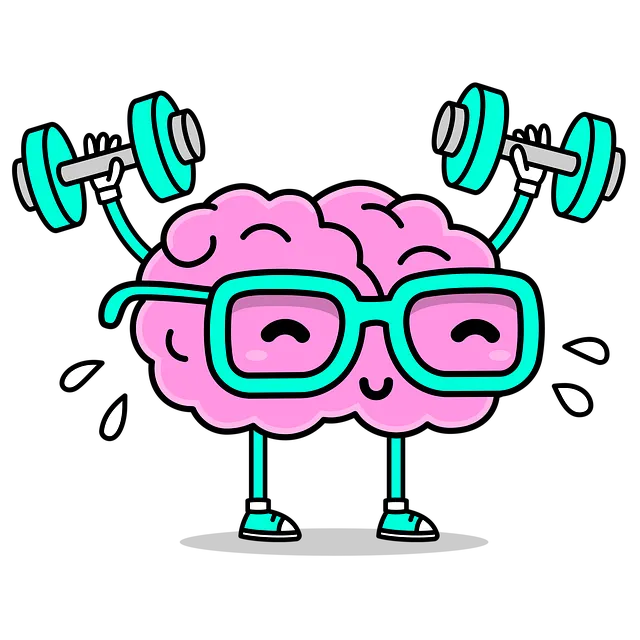Boulder Kaiser's mental health classes are a standout example of healthcare initiatives focused on cultural competency, crucial for effective communication with diverse patients. These classes provide strategies to bridge cultural gaps, understand varied beliefs and behaviors related to health, and reduce stigma. By fostering trust through empathetic interactions, the program ensures tailored care aligned with industry guidelines, improving patient satisfaction and outcomes.
“Cultural competency training is transforming healthcare, especially within institutions like Boulder Kaiser. This article explores why such training is vital, focusing on its impact and reach. We delve into the unique program offered by Boulder Kaiser Mental Health Classes, providing a comprehensive cultural competency education.
From understanding diverse patient needs to improving care outcomes, these strategies are a game-changer. Learn how healthcare providers can navigate complex cultural landscapes, ensuring every patient receives respectful, quality care.”
- Understanding Cultural Competency in Healthcare: Why It Matters and Who Needs It
- Boulder Kaiser Mental Health Classes: A Comprehensive Training Program
- Implementing Effective Cultural Competency Strategies for Improved Patient Care
Understanding Cultural Competency in Healthcare: Why It Matters and Who Needs It

Cultural competency in healthcare is a critical aspect that ensures medical professionals can effectively communicate and provide quality care to patients from diverse backgrounds. It goes beyond mere awareness; it involves understanding and appreciating different cultural beliefs, values, and behaviors related to health and wellness. This concept is especially pertinent in today’s diverse society, where healthcare providers often interact with individuals from various ethnic, racial, religious, and socio-economic groups.
In Boulder, Kaiser mental health classes are a notable example of initiatives aimed at enhancing cultural competency. These classes teach communication strategies that bridge the gap between different cultures and healthcare systems. Mental wellness is not just about treating symptoms; it’s about fostering an environment where individuals feel comfortable seeking help. By learning self-care routine development for better mental health, professionals can cater to their patients’ unique needs, ensuring everyone receives the best possible care. Effective communication strategies are a cornerstone of this process, allowing healthcare providers to address sensitive issues and build trust with their patients.
Boulder Kaiser Mental Health Classes: A Comprehensive Training Program

Boulder Kaiser mental health classes are designed to be a comprehensive training program that caters to the diverse needs of healthcare providers. These classes go beyond basic first-aid and focus on fostering cultural competency, with a particular emphasis on understanding and mitigating mental illness stigma reduction efforts. Through interactive workshops and educational sessions, participants gain insights into various self-care practices and stress reduction methods, equipping them to offer more empathetic and effective support to their patients.
The program delves into the complex dynamics of cultural differences, mental health expressions, and community resources, ensuring healthcare providers are well-prepared to navigate challenging situations. By embracing these inclusive learning opportunities, Boulder Kaiser empowers its staff to create safer, more welcoming environments for individuals seeking help for their mental health concerns.
Implementing Effective Cultural Competency Strategies for Improved Patient Care

Implementing effective cultural competency strategies is paramount in healthcare, especially within diverse communities like Boulder, where Kaiser mental health classes cater to a wide range of cultural backgrounds. These initiatives go beyond surface-level understanding and aim to foster genuine connections between healthcare providers and patients from different ethnic, social, and economic groups. By embracing cultural competency, mental health professionals can offer tailored care that respects individual beliefs and values, enhancing patient trust and outcomes.
Boulder Kaiser’s mental health classes exemplify this approach through various techniques, including Empathy Building Strategies and Inner Strength Development. These methods equip providers with the skills to assess risks accurately during intakes, as outlined in risk assessment guidelines for mental health professionals. Through enhanced cultural awareness, healthcare staff can create a safe, non-judgmental environment, encouraging patients to share their unique challenges openly. This openness facilitates more precise diagnoses and treatment plans, ultimately improving patient care and satisfaction.
Cultural competency training, as exemplified by the comprehensive programs offered by Boulder Kaiser Mental Health Classes, is no longer a nice-to-have but an indispensable tool for healthcare providers. By fostering understanding and empathy across diverse cultural backgrounds, these initiatives significantly enhance patient care, outcomes, and access to services. Implementing effective strategies, such as those detailed in this article, not only improves the quality of care but also creates a more inclusive and equitable healthcare system that benefits both providers and patients alike.






